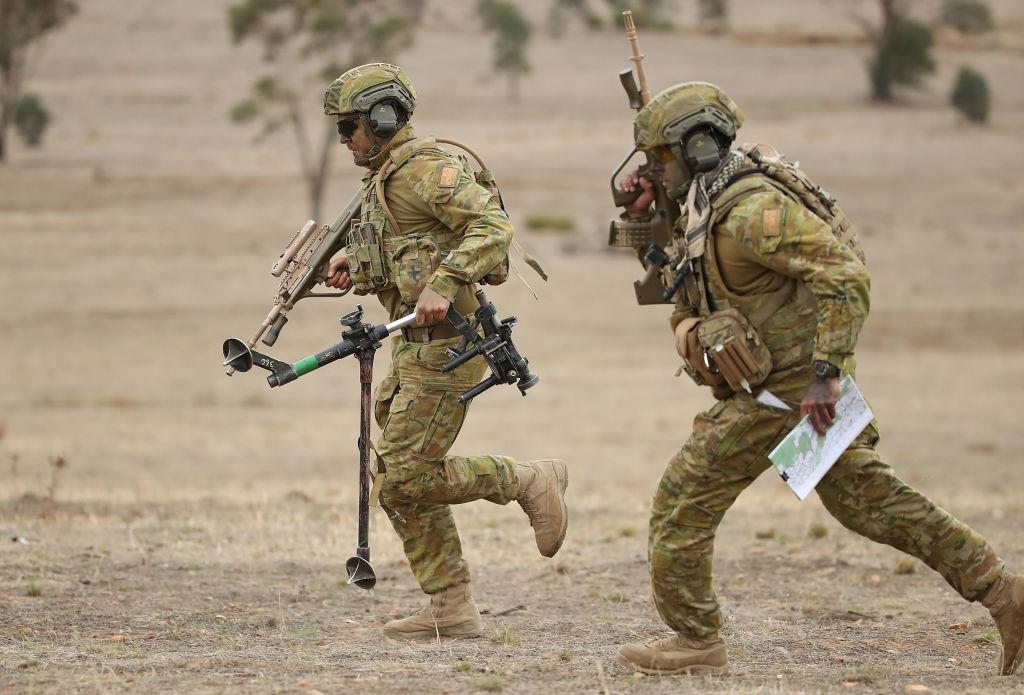The Australian Security Intelligence Organisation (ASIO) has told the Joint Parliamentary Committee on Defence and Security that “hostile foreign states and their intelligence services are aggressively seeking secrets” and that more needs to be done to stop them.
The wanted information includes details about Australia’s defence capabilities, government decision-making, political parties, foreign policy, critical infrastructure, space technologies, academic and think tank research, medical advances, key export industries, and personal information.





